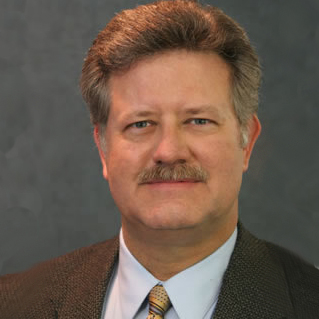Florida-based urologist Paul Perito MD says there are two predominant forms of testosterone replacement. He recently sat down with Interviewing Experts for a quick conversation about this common condition.
Interviewing Experts: We appreciate your time today, doctor. What is testosterone?
Paul Perito MD: Testosterone is the male hormone that is responsible for muscle mass, facial hair, and bone density.
Interviewing Experts: Is testosterone stable throughout a man’s lifetime?
Paul Perito MD: After the age of 40, some men will begin to experience diminished testosterone levels.
Interviewing Experts: What are the side effects of low testosterone?
Paul Perito MD: It can result in other medical conditions such as high cholesterol, poor cardiac health, and a lack of vitality.
Interviewing Experts: What symptoms do men experience as a result of low testosterone?
Paul Perito MD: Patients will describe not remembering things, they will describe having decreased libido and not wanting to engage in sexual activity with their partners.
Interviewing Experts: That has to really affect a man emotionally.
Paul Perito MD: One study indicates an increased risk of depression in men with low testosterone levels.
Interviewing Experts: Testosterone can be replaced, correct?
Paul Perito MD: Yes it can.
Interviewing Experts: Can you tell us how?
Paul Perito MD: Most of the testosterone replacements that you’ll see right now are either injectables, creams or long acting pellets.
Interviewing Experts: What are the benefits of testosterone therapy?
Paul Perito MD: Studies suggest that testosterone can improve cardiac health and reduce the threat of diabetes.
Interviewing Experts: Those are physical side effects; are there any neurological side effects?
Paul Perito MD: They’ve shown the man’s ability to think is improved dramatically once they restore their natural testosterone levels.
Interviewing Experts: When should a patient speak with their doctor?
Paul Perito MD: When it becomes a problem in their life or relationship.
Interviewing Experts: Is testosterone replacement right for everyone?
Paul Perito MD: Not necessarily, patients should speak with their doctor to find out if testosterone replacement is right for them.
Interviewing Experts: Very interesting, we hope that all of our readers will take this into consideration if they suspect they have low testosterone levels.
Urological surgeon Paul Perito MD has devoted his entire professional career to treating men suffering from Erectile Dysfunction. He is the founder and namesake of Miami’s Perito Urology, where he conceived and initiated the world’s first minimally invasive approach to penile implantation. Paul Perito MD has performed over 3000 of these procedures on men across the globe, and his patients enjoy a shorter recovery time and less scarring than traditional implantation methods. Since 1995, Paul Perito MD and Perito Urology have become synonymous with effective erectile dysfunction treatment and world-class service unparalleled anywhere in the nation. He is a graduate of the University of Maryland Medical School as well as a frequent contributor to text published by medical journals nationwide.
The information contained in this article is provided by Paul Perito MD for educational purposes only. It is not intended to treat or diagnose any condition.








